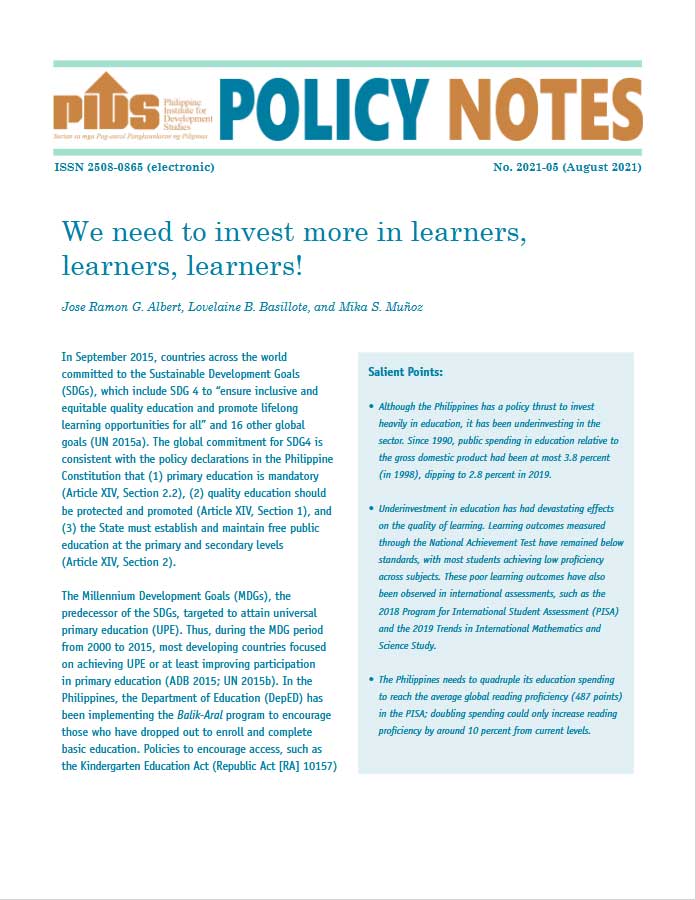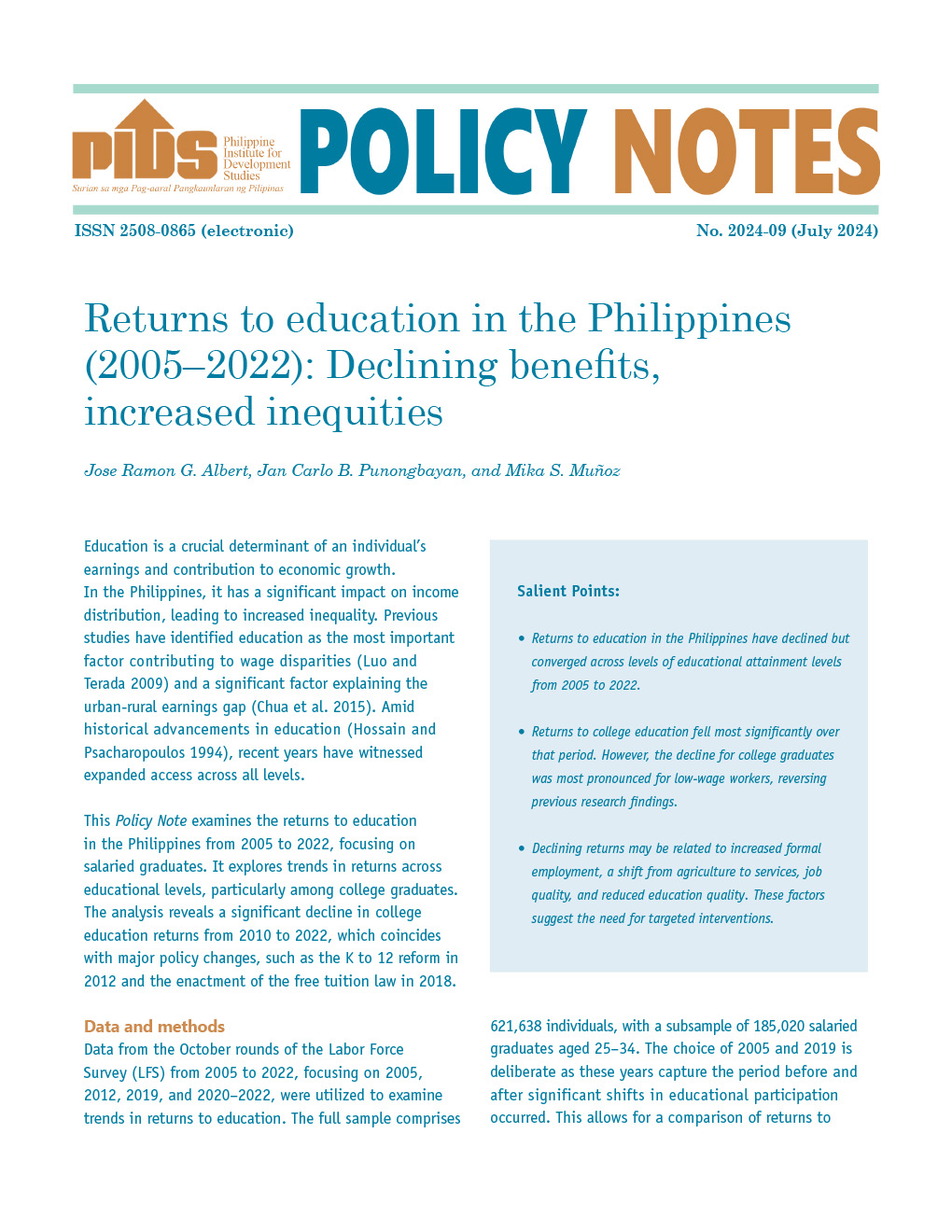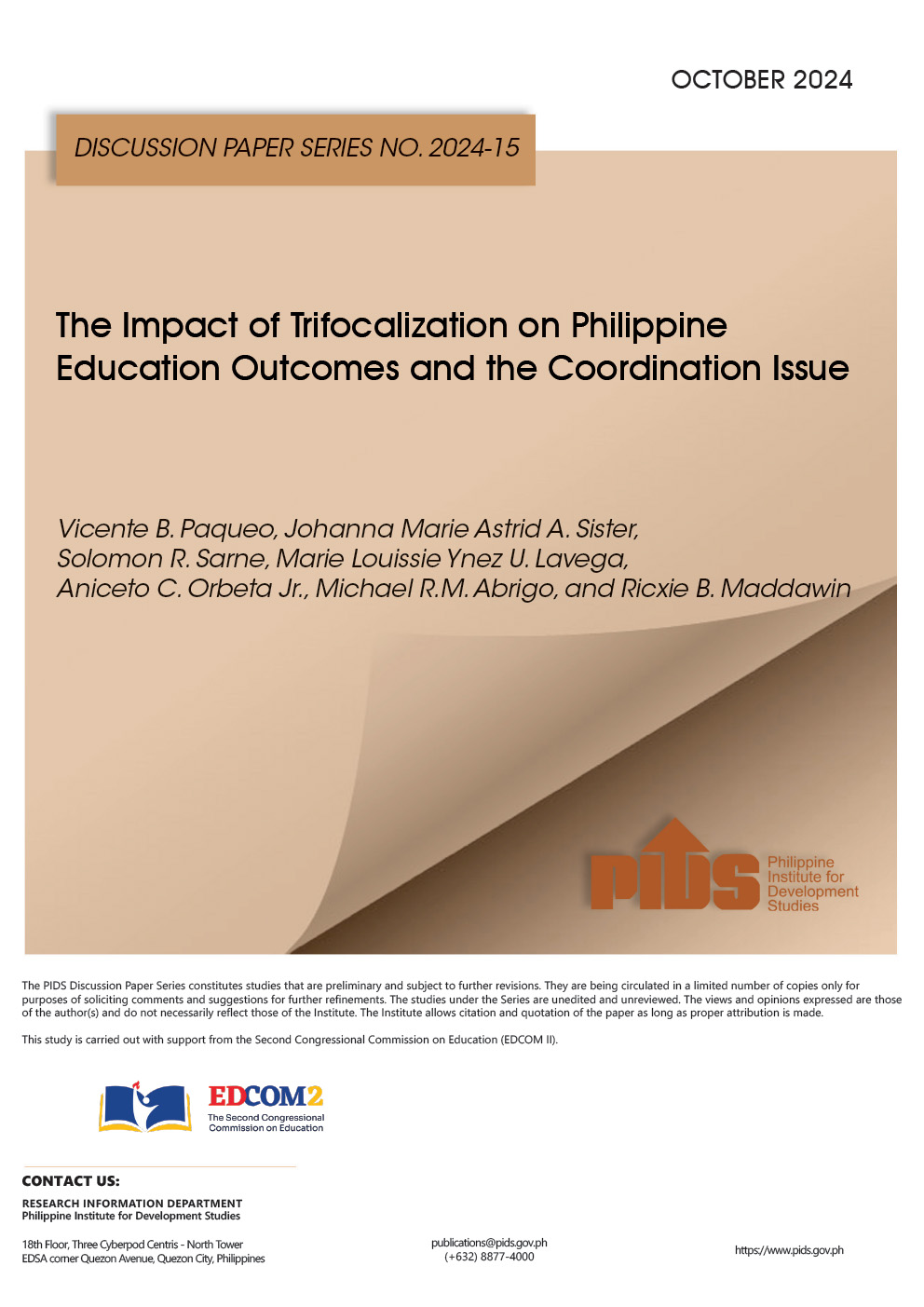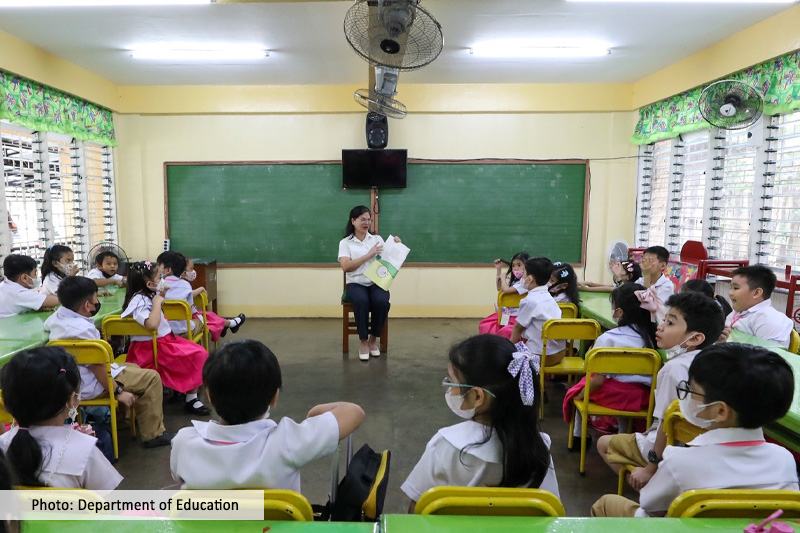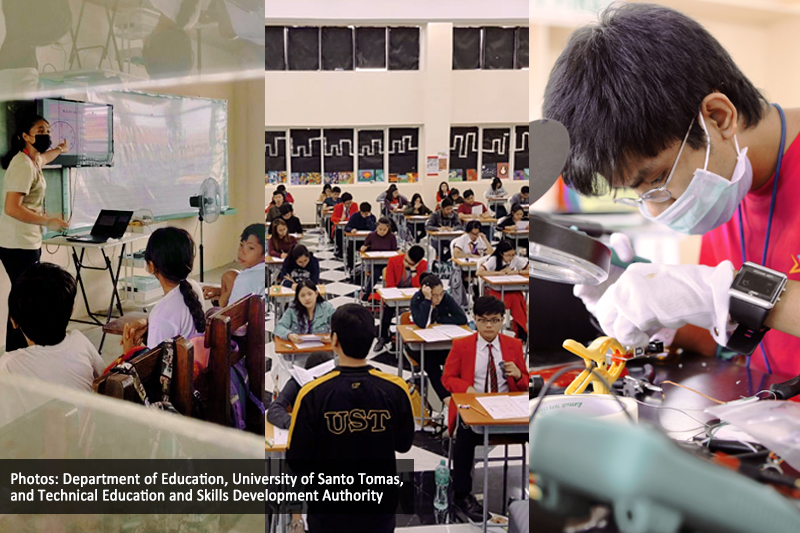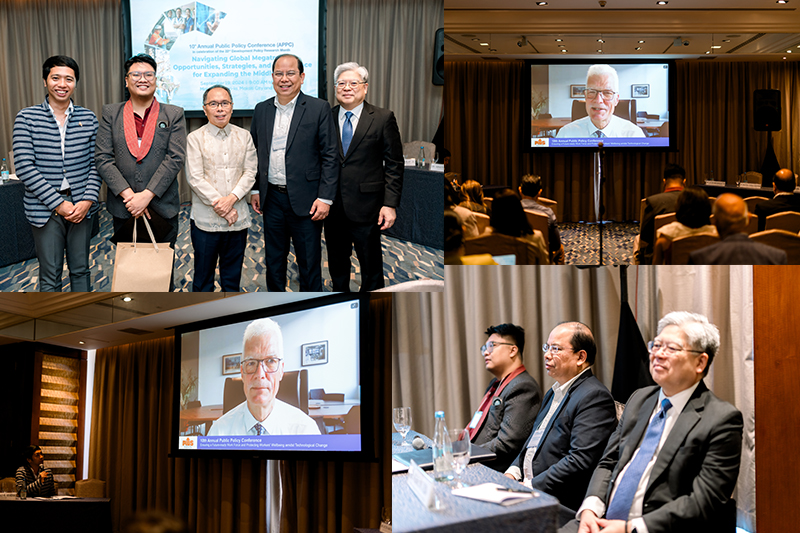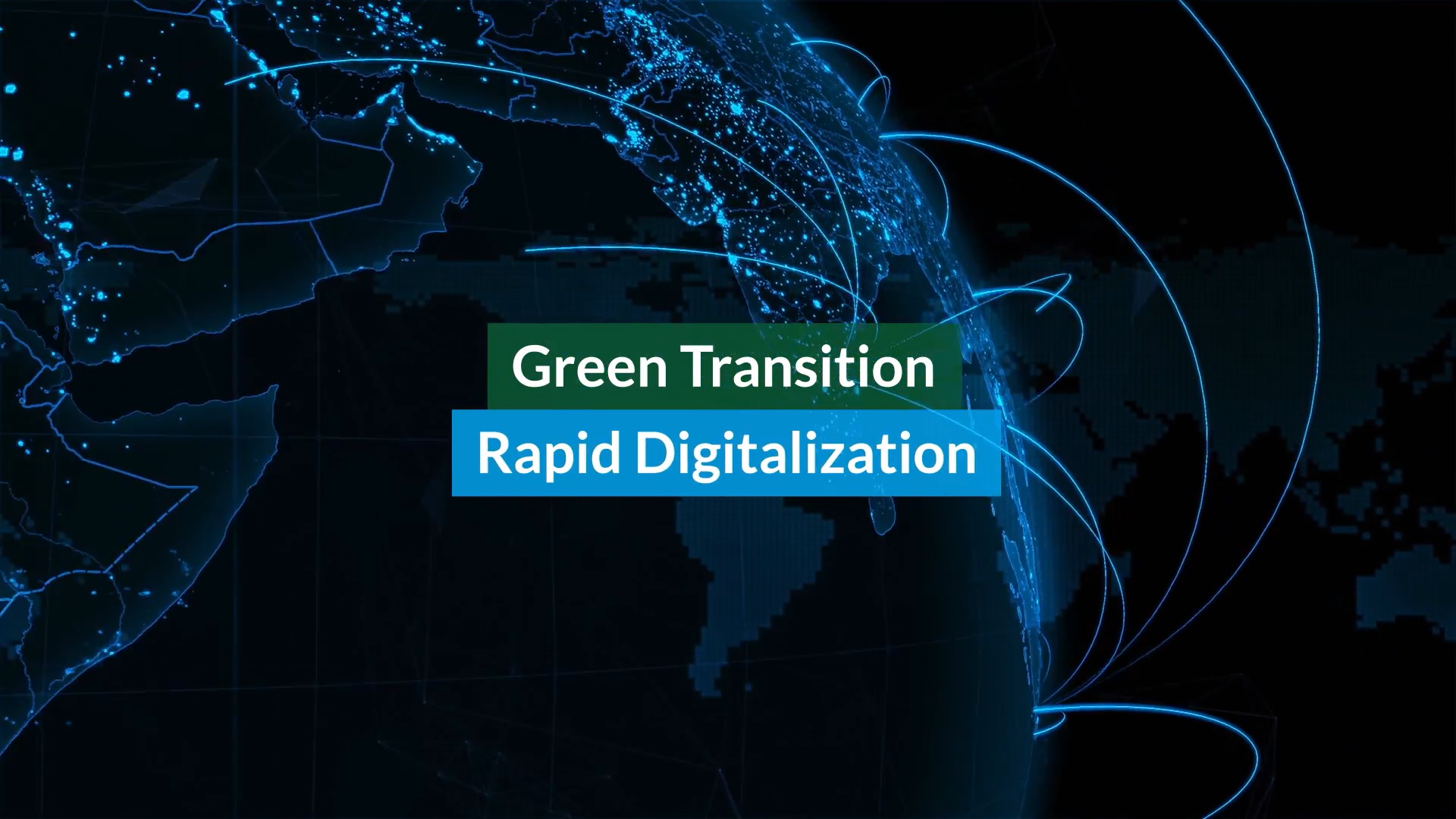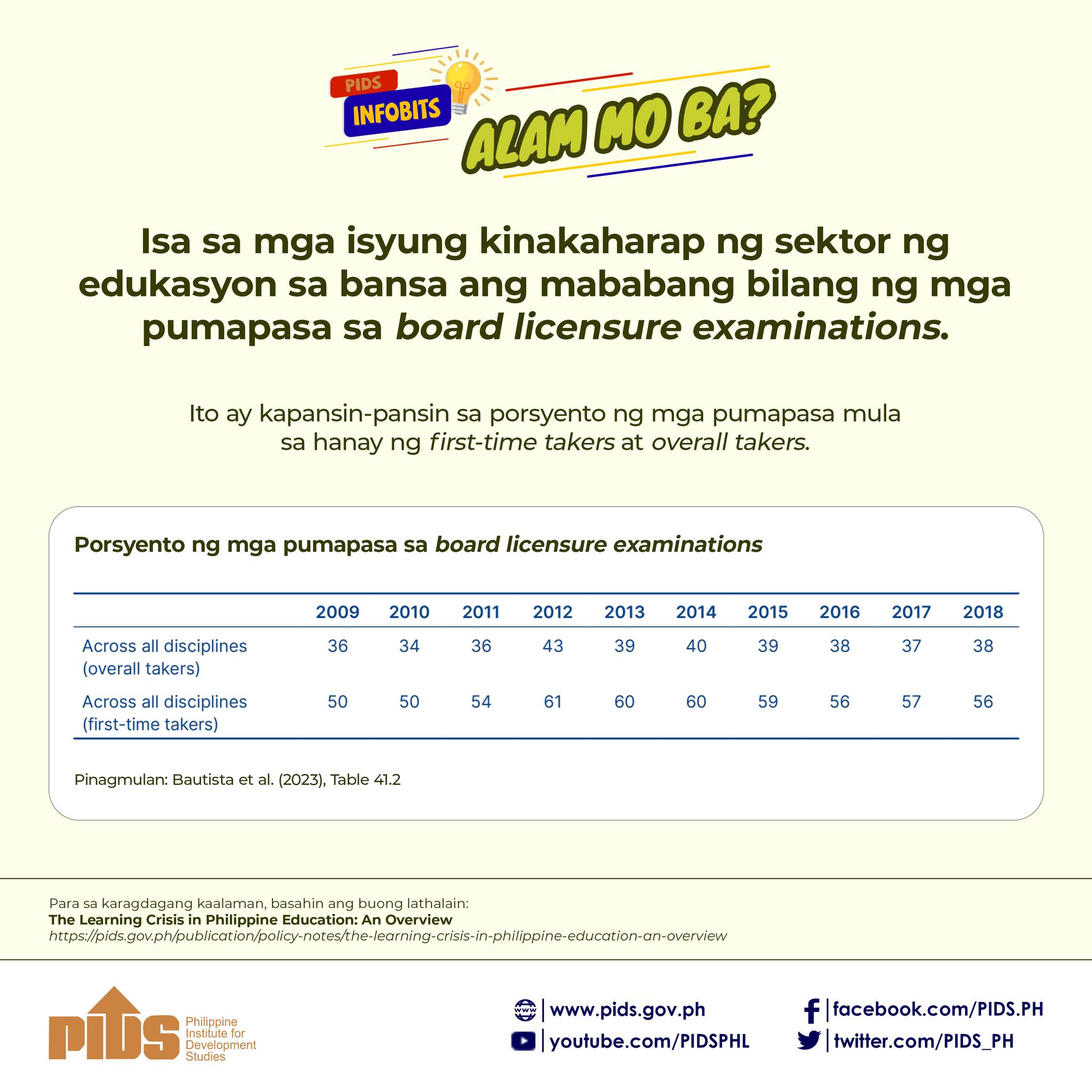The sustainable goal to provide inclusive and equitable quality education for all has been ascribed in the policy declarations of the Philippine Constitution. This Policy Note looks into how the Philippines has fared in education spending, considering that more investment is needed to ensure learning quality. It finds that spending patterns in education have hardly changed from more than a decade ago. It also notes that meager education spending has dire consequences on the quality of education. The dismal performance in the 2018 Program for International Student Assessment (PISA), with the Philippines ranking last in reading, underscores a looming learning crisis in the country. Using a policy simulation of the PISA data, the authors find that the government needs to quadruple its education spending to reach the average global reading proficiency. They also recommend that reading programs should be strategized to reach vulnerable children in specific geographic areas. Finally, they advise the Department of Education to build effective data-driven policies to ensure that no Filipino child will be left behind in learning.
Citations
This publication has been cited 7 times
- Angelo, Francis Allan. 2024. PHL underspending on education – study. Daily Guardian.
- Ben O. de Vera . 2021. Four-fold hike in education spending pushed. Inquirer.net.
- Daily Guardian. 2024. A long way to go. Daily Guardian.
- Dr. Florangel Rosario Braid . 2021. Increase government spending on education. Manila Bulletin.
- Gatchalian, Win. 2024. Gatchalian urges efficient resource management on education over simply spending more. Win Gatchalian.
- Prof. Ernesto Garilao . 2022. Challenges of PH Basic Education: Current and Pre-Pandemic. Synergeia.
- Senate of Philppines. 2021. 2022 budget co-sponsorship speech of Senator Pia S. Cayetano. Senate of the Philippines.

